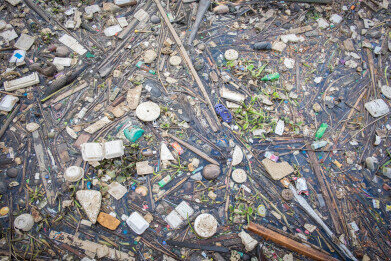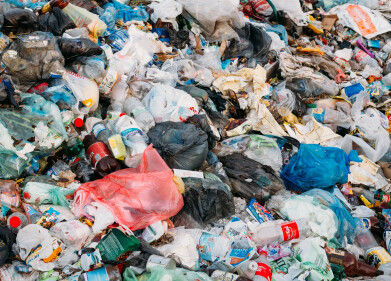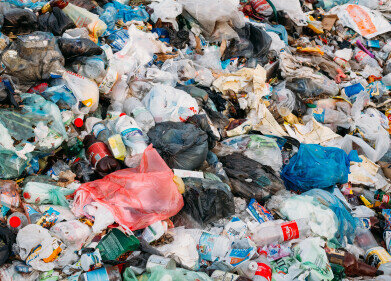Microplastics Analysis
What was agreed at latest negotiations for global plastic treaty?
May 01 2024
In the ongoing efforts to formulate a global plastics pollution treaty, the third round of negotiations, held in Ottawa, concluded with a mix of incremental progress and significant compromises. This session, designated as INC-4, marks a crucial phase in a series of discussions aimed at establishing a legally binding framework to address the multifaceted issue of plastic pollution.
The treaty's primary goal is to curb the global production of plastics, particularly focusing on reducing primary plastic polymers, which pose significant environmental and public health risks. The discussions have also emphasized improving waste management practices across nations. Despite these intentions, the outcome of the latest negotiations reflects a complex interplay of national interests, industry influence, and environmental advocacy.
A substantial number of industry lobbyists were present during the session, with nearly 200 representatives from the fossil fuel and chemical sectors. This presence underscores the significant economic interests at stake and the industry's intent to shape the treaty's provisions in favour of less restrictive measures on plastic production.
Throughout the negotiations, there was a discernible division between countries advocating for stringent production cuts and those resisting binding commitments. The U.S., notably, has been criticized for its lack of commitment to reduce plastic production, focusing instead on reducing demand—a stance that aligns with its position as a major oil and gas producer.
Environmental advocacy groups and some progressive nations have pushed for ambitious targets. For example, a proposal by Rwanda and Peru suggested setting a global reduction target of 40% in plastic production by 2040, taking 2025 as the baseline. However, this proposal faced opposition, particularly from major plastic-producing countries and industries reliant on petrochemicals.
The discussions also touched on key environmental and scientific concerns, such as the lifecycle of plastics and their broader ecological impacts, including the deposition of long-lasting microplastics. Extended producer responsibility (EPR) and global rules were points of consensus, indicating a collective acknowledgment of the need for systemic changes in how plastics are managed globally.
David Azoulay from the Center for International Environmental Law (CIEL) voiced a common frustration among environmental groups, pointing out the discrepancy between the assertive rhetoric of developed nations and their actions during negotiations. This sentiment was echoed by other environmental leaders who criticized the compromises made during the talks as insufficient to meet the scientific and justice-based demands of the situation.
Looking ahead, the negotiators have agreed to undertake formal intersessional work to refine the treaty's implementation strategies, focusing on aspects such as chemical concerns and product design. This work is critical as it lays the groundwork for the final round of negotiations scheduled for November in Busan, Korea.
However, there remains scepticism about the effectiveness of these sessions in achieving a robust treaty by the year-end target. The incremental progress noted in this session has been seen as both a compromise and a small step forward, depending on the perspective of various stakeholders.
As the negotiations move closer to their final phase, the tension between environmental imperatives and economic interests continues to define the trajectory of the treaty. The outcome of the Ottawa session reflects a challenging but necessary journey toward a global agreement that adequately addresses one of the most pressing environmental issues of our time. The scientific community, along with environmental advocates, remains watchful and engaged, hoping for a treaty that aligns with both ecological sustainability and global economic realities.
Digital Edition
IET 34.2 March 2024
April 2024
Gas Detection - Biogas batch fermentation system for laboratory use with automatic gas analysis in real time Water/Wastewater - Upcycling sensors for sustainable nature management - Prist...
View all digital editions
Events
May 20 2024 Columbus, OH, USA
May 21 2024 Lagos, Nigeria
May 23 2024 Beijing, China
May 23 2024 Beijing, China
May 29 2024 Beijing, China




-and-Müfide-Aydoğan-Ahbab-(right)[1].jpg)














